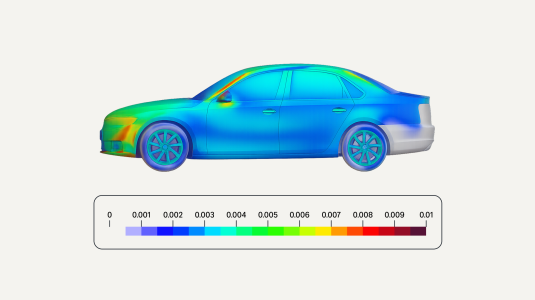Customer-obsessed science


Research areas
-
September 26, 2025To transform scientific domains, foundation models will require physical-constraint satisfaction, uncertainty quantification, and specialized forecasting techniques that overcome data scarcity while maintaining scientific rigor.
-
Featured news
-
NeurIPS 2023 Workshop on Robustness of Zero/Few-shot Learning in Foundation Models (R0-FoMo)2024Dealing with background noise is a challenging task in audio signal processing, negatively impacting algorithm performance and system robustness. In this paper, we propose a simple solution that combines recording hardware modification and algorithm improvement to tackle the challenge. The proposed solution could produce clean and noise-free high-quality audio recording even in noisy recording environment
-
WACV 20242024Large-scale pre-trained vision-language models (VLM) such as CLIP have demonstrated noteworthy zero-shot classification capability, achieving 76.3% top-1 accuracy on ImageNet without seeing any examples. However, while applying CLIP to a downstream target domain, the presence of visual and text domain gaps and cross-modality misalignment can greatly impact the model performance. To address such challenges
-
WACV 20242024Vision-language models have been widely explored across a wide range of tasks and achieve satisfactory performance. However, it’s under-explored how to consolidate entity understanding through a varying number of images and to align it with the pre-trained language models for generative tasks. In this paper, we propose MIVC, a general multiple instance visual component to bridge the gap between various
-
AAAI 20242024We propose DocFormerv2, a multi-modal transformer for Visual Document Understanding (VDU). The VDU domain entails understanding documents (beyond mere OCR predictions) e.g., extracting information from a form, VQA for documents and other tasks. VDU is challenging as it needs a model to make sense of multiple modalities (visual, language and spatial) to make a prediction. Our approach, termed DocFormerv2
-
ICDE 20242023Search tasks require finding items similar to a given query, making it a crucial aspect of various applications. However, storing and computing similarity for millions or billions of item representations can be computationally expensive. To address this, quantization-based hash methods present memory and inference-efficient solutions by converting continuous representations into non-negative integer codes
Collaborations
View allWhether you're a faculty member or student, there are number of ways you can engage with Amazon.
View all














































